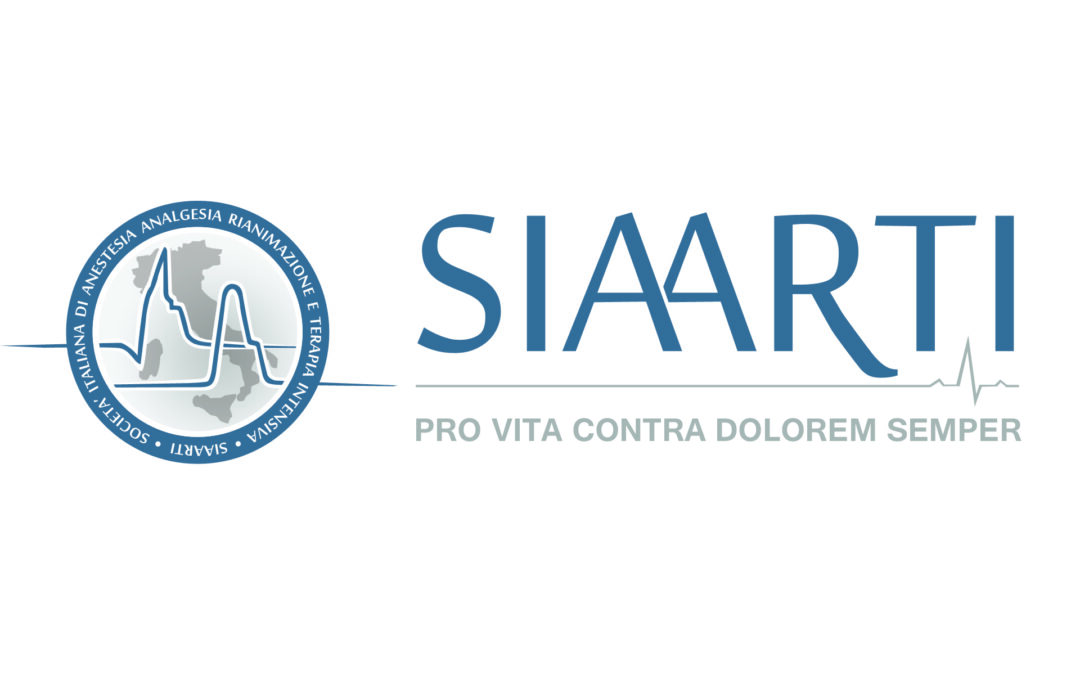
by Valeria Confalonieri | May 5, 2025
Scientific societies play a key role in reducing the environmental impact of current clinical practices. Through courses, seminars and workshops, they educate anaesthetists, surgeons and other healthcare professionals on the importance of adopting sustainable...

by Valeria Confalonieri | May 5, 2025
Operating theatres generate at least 25 per cent of total hospital waste and about 25 per cent of this waste is related to anaesthetic practices. Proper waste management is therefore essential to reduce environmental impact and contain costs. Materials not...

by Valeria Confalonieri | May 5, 2025
Whenever possible, prefer regional anaesthesia over general anaesthesia. Prescribe and administer only drugs that are truly useful and necessary; prefer oral administration whenever possible. Limit the advance preparation of medications to what is strictly necessary,...

by Valeria Confalonieri | May 5, 2025
High fresh gas flows unnecessarily increase the consumption of halogenated anesthetic gases, thereby amplifying greenhouse gas emissions with a significant environmental impact. The administration of inhaled agents is now safer thanks to modern systems for monitoring...

by Valeria Confalonieri | May 5, 2025
Desflurane and nitrous oxide can be effectively replaced with equally efficient but less environmentally harmful inhaled anesthetics, or with alternative anesthetic techniques such as total intravenous anesthesia or regional anesthesia. Starting from January 1, 2026,...








Recent Comments